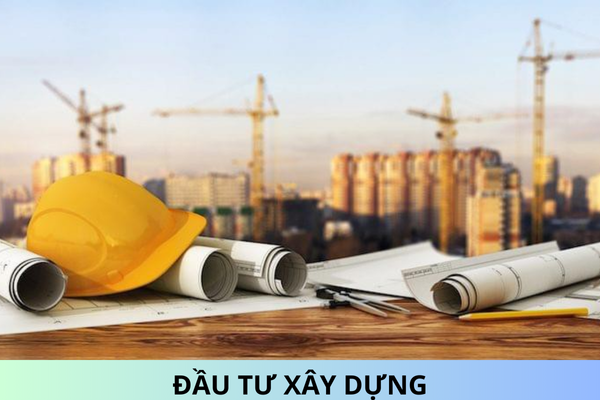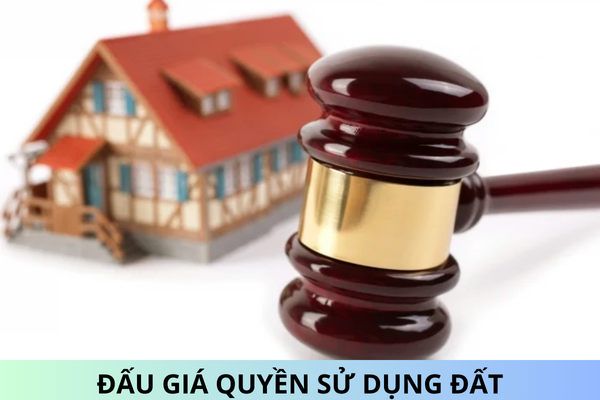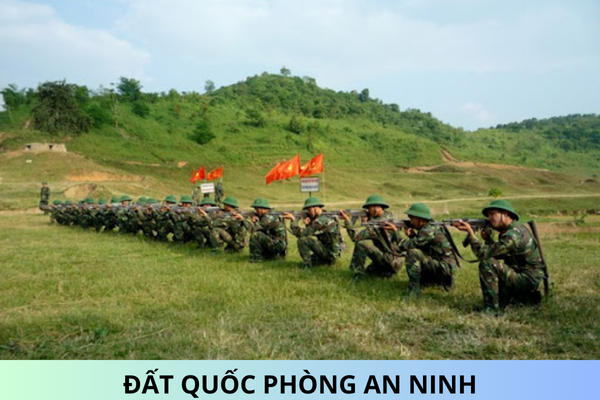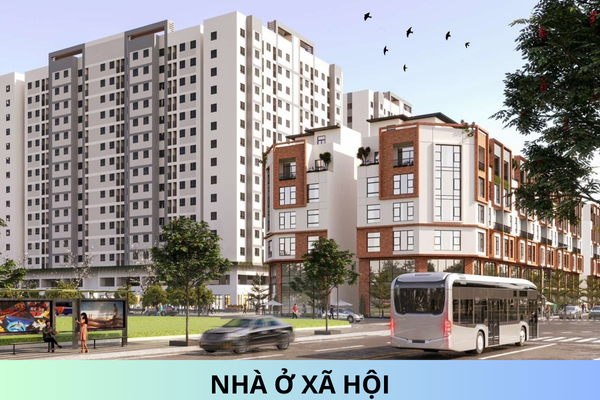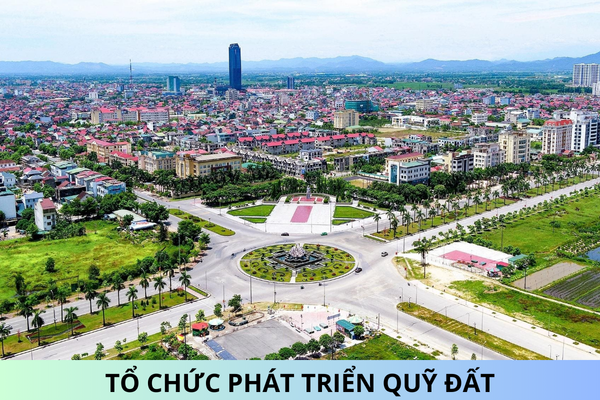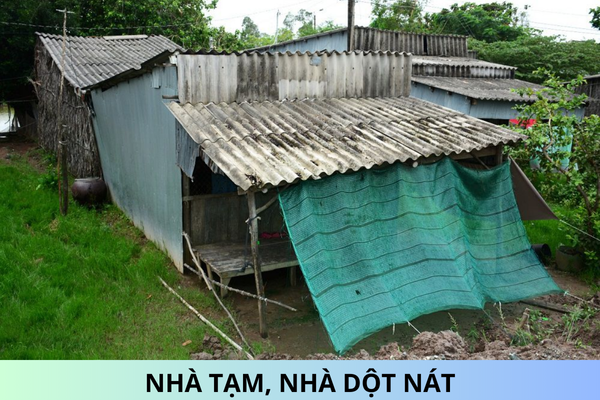What is the duration of use for rice cultivation land in Vietnam? Can it be extended upon expiration?
What land group does rice cultivation land in Vietnam belong to?
Based on Article 9 of the Land Law 2024 regarding land classification:
Article 9. Land Classification
Based on the purpose of use, land is classified into agricultural land group, non-agricultural land group, and unused land group.
The agricultural land group includes the following types of land:
a) Annual crop land, including rice cultivation land and other annual crops land;
b) Perennial crop land;
c) Forestry land, including special-use forest land, protection forest land, production forest land;
d) Aquaculture land;
dd) Concentrated livestock land;
e) Salt production land;
g) Other agricultural land.
[...]
According to Article 182 of the Land Law 2024 regarding rice cultivation land:
Article 182. Rice Cultivation Land
Rice cultivation land includes dedicated rice cultivation land and remaining rice cultivation land. Dedicated rice cultivation land is land used for 02 or more rice crops.
The State has policies to support and invest in building infrastructure, applying modern science and technology for planned high-yield, high-quality rice cultivation areas; protecting rice cultivation land, and limiting the conversion of rice cultivation land to non-agricultural purposes.
Rice cultivation land users are responsible for improving and enhancing soil fertility; they are not allowed to convert the use of the land for other purposes without permission from a competent state authority.
[...]
According to the above regulations, rice cultivation land belongs to the agricultural land group. Rice cultivation land is land used for one or more rice crops or combined with other permitted land use purposes as long as rice farming is primary.
Rice cultivation land includes dedicated rice cultivation land and remaining rice cultivation land, where dedicated rice cultivation land is land used for 02 or more rice crops.
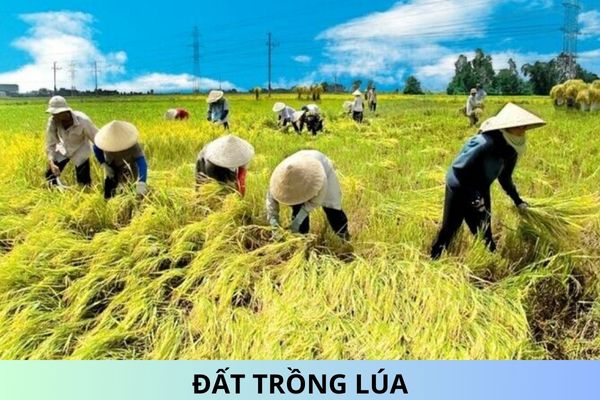
What is the duration of use for rice cultivation land in Vietnam? Can it be extended upon expiration? (Image from the Internet)
What is the duration of use for rice cultivation land in Vietnam? Can it be extended upon expiration?
Based on Article 172 of the Land Law 2024 regarding land with a limited usage period:
Article 172. Land with a Limited Usage Period
- Except for cases specified in Article 171 of this Law, the land usage period when the State allocates land, leases land, or recognizes land use rights is regulated as follows:
a) The period for allocating land, recognizing agricultural land use rights for individuals directly engaged in agricultural production using annual crop land, aquaculture land, salt production land, perennial crop land, and production forest land within the limits prescribed in Article 176 of this Law is 50 years. Upon the expiration of the usage period, the land may continue to be used under the stipulated term without renewal procedures;
b) The period for leasing agricultural land to individuals is not more than 50 years. Upon the expiration of the lease term, if individuals have a demand, the State shall consider continuing the lease but not exceeding 50 years;
c) The period for allocating land, leasing land to implement land-use investment projects shall be considered and decided according to the investment project’s operational duration or land allocation/lease request, but not exceeding 50 years.
[...]
According to the above regulations, rice cultivation land belongs to the agricultural land group and has the following usage period:
- 50 years for land allocation, recognizing rice cultivation land use rights for households and individuals directly engaged in agriculture
- Not more than 50 years for leasing rice cultivation land to households and individuals
- Not more than 50 years for allocating or leasing land to organizations for agricultural production purposes
Moreover, upon expiration of the usage term, households and individuals directly engaged in agriculture, if in need, may continue using the land as per the stipulated term without renewal procedures.
What are criteria and conditions for changing the land use purpose for areas of 02 hectares or more in Vietnam?
Based on Article 46 of Decree 102/2024/ND-CP detailing the criteria and conditions for converting the usage purpose of rice cultivation land, protection forest land, special-use forest land, production forest land to other purposes:
Article 46. Criteria and Conditions for Converting the Usage Purpose of Rice Cultivation Land, Protection Forest Land, Special-Use Forest Land, Production Forest Land to Other Purposes
- Criteria and conditions for converting the usage purpose of 02 ha or more for rice cultivation land, protection forest land, special-use forest land, production forest land to other purposes include:
a) Having a plan for replacing forest planting or a document confirming the completion of paying for replacing forest planting as per forestry law regulations;
b) Having a plan for using the topsoil layer as per crop production law regulations;
c) Having a preliminary environmental impact assessment or an environmental impact assessment as per environmental protection law regulations.
- Provincial People's Committees, based on the local practical situation, shall stipulate specific criteria and conditions for converting the usage purpose of rice cultivation land, protection forest land, special-use forest land, production forest land to other purposes to ensure economical and efficient land use, meeting the needs for food security and environmental protection in the province's area for cases not specified in Clause 1 of this Article.
Thus, the criteria and conditions for converting the usage purpose of 02 ha or more of rice cultivation land are as follows:
- Having a plan for replacing forest planting or a document confirming the completion of paying for replacing forest planting as per forestry law regulations
- Having a plan for using the topsoil layer as per crop production law regulations
- Having a preliminary environmental impact assessment or an environmental impact assessment as per environmental protection law regulations.

